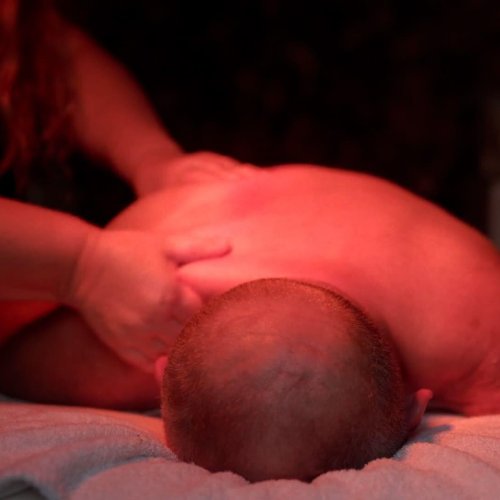A creative activity, such as filmmaking, must be healthy and compatible with life both inside and outside of the workplace, just like any other professional performance. However, this subject necessitates in-depth reflection. Physical and mental health in the workplace, teamwork, and personal life balance are all important considerations. The precarious nature of documentary film production can sometimes conflict with vital economic stability, forcing many professionals to seek alternative sources of income. All of these factors, among others, can result in the abandonment of film projects as well as frustration. This chapter delves into the essential well-being of filmmakers.
Profiles Cinematography Color Directing Distribution Editing Film programming Graphics Mixing Music Producing Sales agents Script Sound

